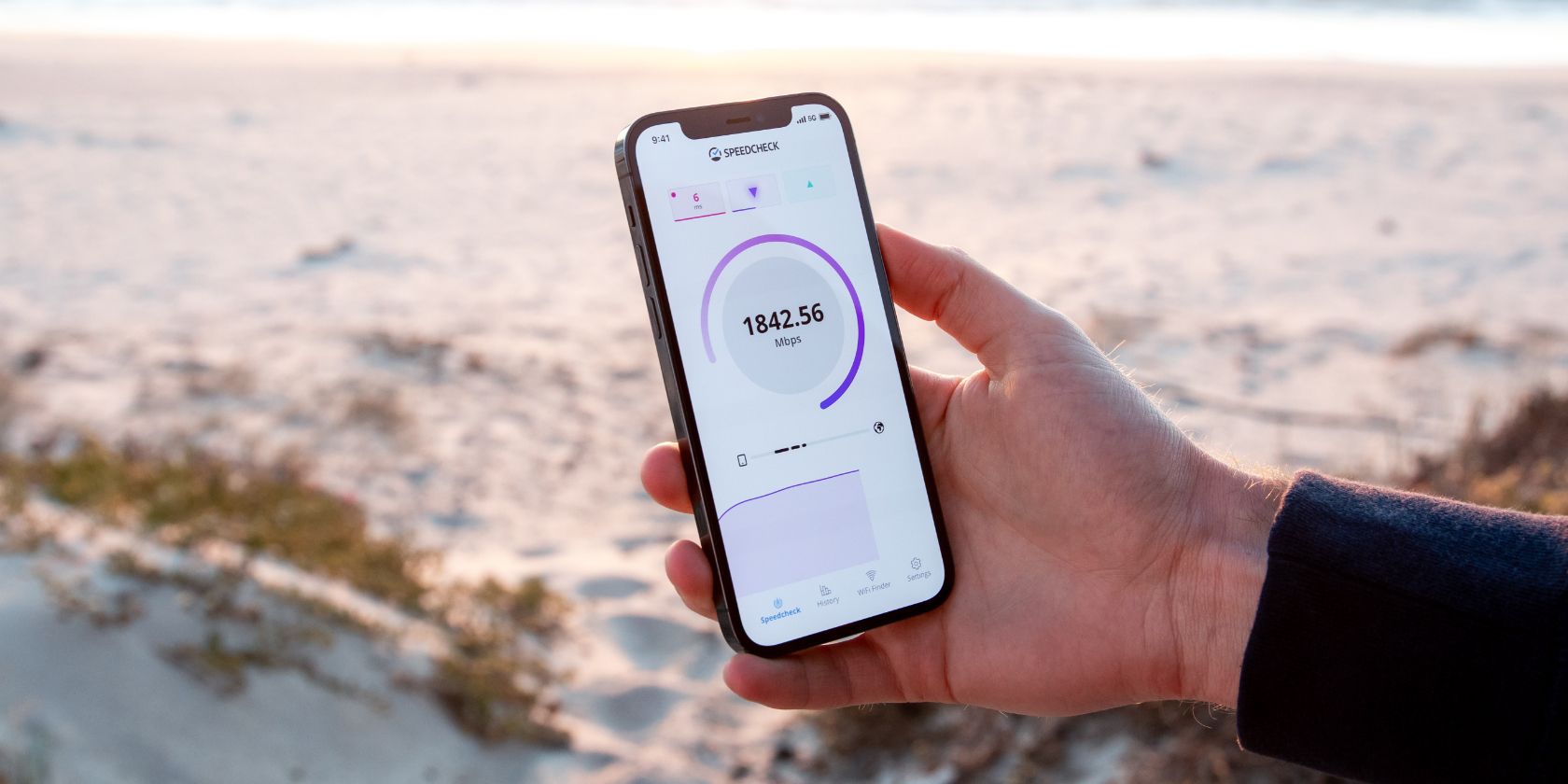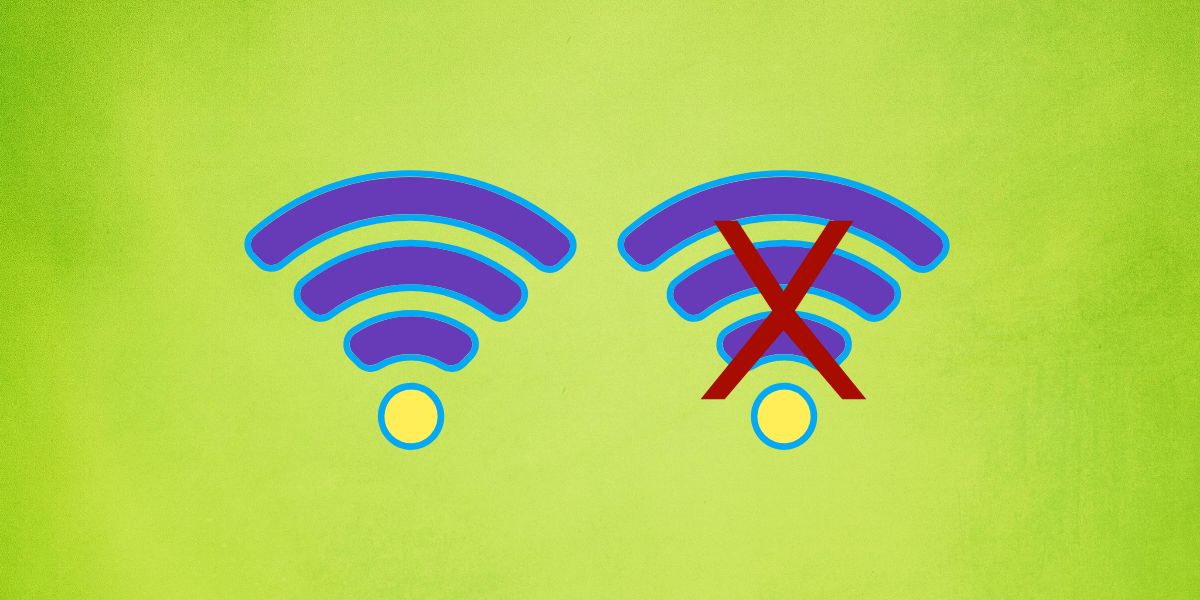There are two main ways to connect your device to the internet: Wi-Fi and Ethernet. While Wi-Fi is more convenient to connect to from a distance and share with other people, how does it compare to Ethernet in terms of speed?
Wi-Fi vs. Ethernet
Measuring your internet connection speed is arbitrary. Internet speed, in general, often means your upload and download speeds. But the speed and quality of your internet connection rely on a variety of factors.
1. Wi-Fi vs. Ethernet: Speed
It's safe to say that Ethernet is faster than Wi-Fi. Instead of dispersing your internet signal over a large area wirelessly, Ethernet optimizes bandwidth usage by concentrating it directly through a cable. It isolates the signal from outside elements that could interfere with the data flow.
Connection speed relies primarily on the capacity and quality of the Ethernet cable you're using, the internet bandwidth that comes from your ISP. While some Ethernet cables have transfer rates of 1,000 Mbps and more, others are much slower. In some instances, 5GHz Wi-Fi could be a lot faster than an Ethernet connection.
2. Wi-Fi vs. Ethernet: Signal Quality
It shouldn't be a surprise to learn that Ethernet provides a faster internet connection than Wi-Fi—or any wireless connection method for that matter. That's because, with a physical wire connecting you online, the data flow is less likely to get interrupted by barriers in your environments. It also ensures a secure and reliable route for your signal so it won't get lost or degraded along the way.
3. Wi-Fi vs. Ethernet: Latency
Internet latency—often referred to as ping—is how long the internet traffic takes to get from your device to the internet and vice versa. While small levels of latency are barely noticeable, they can make a difference in the world of online gaming.
If low latency is of utmost importance to you, then Ethernet is the better option.
4. Wi-Fi vs. Ethernet: Power Consumption
The difference in energy consumption may vary depending on multiple factors such as your bandwidth, area of coverage, and the number of devices connected. But overall, Ethernet consumers less energy than Wi-Fi connections.
With Wi-Fi, the signal is constantly being broadcasted in your vicinity, even if no one is using it. And depending on your router, the signal could be covering a large area for no real reason. But if you're looking to cut down on costs in general, a wireless router that connects multiple devices to the internet is a lot cheaper than having to buy a separate Ethernet cable for every device you use.
5. Wi-Fi vs. Ethernet: Security
Security is an important aspect when it comes to picking out a connection type. In this case, Wi-Fi isn't as secure as Ethernet.
With Ethernet, your internet connection can only be accessed physically. So while encrypting your connection is still incredibly important, physically securing the source of your internet connection makes it safe from unauthorized access.
Wi-Fi, on the other hand, has your data flying through the air. And while most Wi-Fi connections are encrypted, they can still be intercepted and accessed by a determined infiltrator.
One Isn't Better Than the Other
It's safe to say that both Wi-Fi and Ethernet have uses where they shine best. On paper, Ethernet may seem to have the upper hand on almost all fronts. It's fast, secure, energy-efficient, low-latency, and gives you the internet you're paying for.
Still, a big part of using the internet is convenience, and you can't connect your smartphone, tablet, or smart home devices to Ethernet without making a mess of wires. But by knowing the pros and cons of both connection methods, you'll be able to make the right choice every time.



